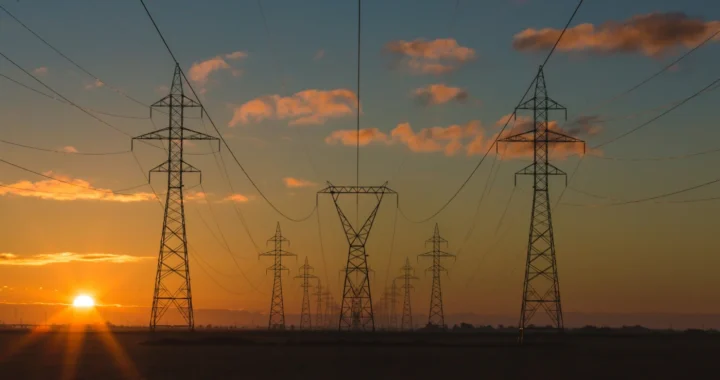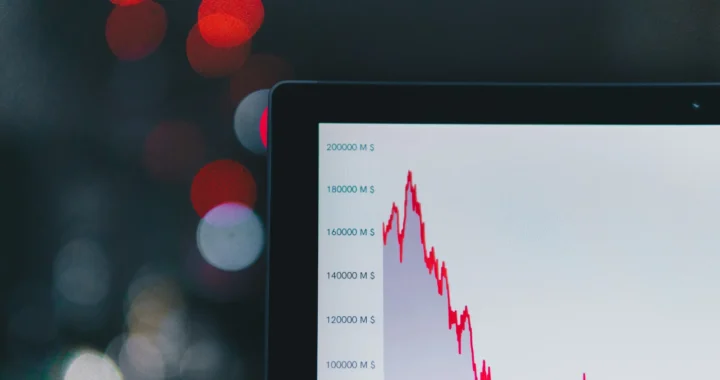4 Day Week UK: Does It Work?

Photo: Ant Rozetsky on Unsplash.
In June 2022, a trial period for 4 Day Week began in the UK. The trial period lasted six months and involved thousands of employees from companies of various sizes and sectors. The trial period results are in: the four-day work week policy can be desirable and achievable for both businesses and employees.
4 Day Week UK: Reality and Results
Initially, the 4 Day Week pilot in the UK set to use the 100:80:100 model – 100% pay for 80% time with 100% productivity. In practice, companies set up different policies to suit their needs while maintaining 100% pay and a ‘meaningful’ reduction in work time. Some use the ‘Friday off’ policy, and others use ‘staggered’, ‘decentralized’, ‘annualized’, and ‘conditional’ structures.
The results report is a collaboration of independent research organization Autonomy, Prof. Juliet Schor of Boston College, Dr. David Frayne & Prof. Brendan Burchell of the University of Cambridge, 4 Day Week Global, and 4 Day Week Campaign UK. It comprises findings from 61 companies and around 2,900 employees from June to December 2022.
The results are based on companies’ administrative data, employee surveys, and interviews at the beginning, middle, and end of the trial. Almost 1,800 employees completed surveys at all three points.
Here are some key findings of how the four-day work week trial period in the UK affected workers:
- About 39% of employees felt less stressed, and 71% reported lower levels of burnout. On the other hand, nearly 13% were more stressed, and 22% experienced higher levels of burnout.
- More employees reported an increase in physical (37%) and mental (43%) well-being than a decrease (18% for physical and 16% for mental)
- Regarding work-life balance, 60% of employees felt that balancing care responsibilities had become easier, and 62% found balancing work and social life easier.
- Overall, 55% of employees felt that they were doing better work.
- In the end, a significant 96% of employees said they preferred four-day work weeks, with 15% refusing to go back to a five-day week schedule for any amount of salary increase.
Meanwhile, the results are also favorable from the company’s perspective, as 56 of the 61 companies that participated have decided to continue with the four-day work week. For 18 companies, this change is permanent. Notably, the dreaded ‘profit loss’ did not come true. In fact, companies’ revenue went up by 1.4% on average, weighted by company size.
Decent Work for All
The COVID-19 pandemic has forced us to rethink work. From massive layoffs to the “The Great Resignation”, this flawed system must transform to guarantee decent work and employment for all. The four-day working week policy might be one viable option among many. There is no “one-size fits all” solution, so we must keep finding new ways to achieve a better labor, work, and employment system.

If you find this content useful, please consider subscribing to Green Network Asia.
Your subscription will give you access to our interdisciplinary and cross-sectoral insights on sustainability-related issues and sustainable development across the Asia Pacific and beyond, strengthening your personal and professional development while supporting GNA’s financial capacity to continue publishing content dedicated to public education and multi-stakeholder advocacy.
Select Your Subscription Plan
Nazalea Kusuma
Naz is the Manager of International Digital Publications at Green Network Asia. She is an experienced and passionate writer, editor, proofreader, translator, and creative designer with over a decade of portfolio. Her history of living in multiple areas across Southeast Asia and studying Urban and Regional Planning exposed her to diverse peoples and cultures, enriching her perspectives and sharpening her intersectionality mindset in her storytelling and advocacy on sustainability-related issues and sustainable development.


 Developing Financing Initiatives for the ASEAN Power Grid
Developing Financing Initiatives for the ASEAN Power Grid  Imparting Actionable Knowledge Through Sustainability Training Activities
Imparting Actionable Knowledge Through Sustainability Training Activities  Stop Funding Factory Farming in Vietnam: Pathway to Financing a Just and Sustainable Food System
Stop Funding Factory Farming in Vietnam: Pathway to Financing a Just and Sustainable Food System  When Green Turns Excessive: The Overproduction and Overconsumption of Reusables
When Green Turns Excessive: The Overproduction and Overconsumption of Reusables  SDG Venture Scaler Aims to Drive Sustainable Investment in Southeast Asia
SDG Venture Scaler Aims to Drive Sustainable Investment in Southeast Asia  Improving Primary Education in Central Asia
Improving Primary Education in Central Asia